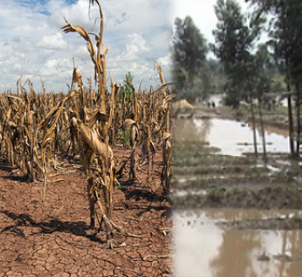Development of comprehensive Gender Policies for Farmers Cooperatives working with DUTERIMBERE NGO
Gender equality prevents violence against women and girls. It's essential for economic prosperity. Societies that value women and men as equal are safer and healthier. Gender equality is a human right . The government of Rwanda has made great strides in developing policies, strategies and laws to support women’s empowerment and the advancement of gender equality within the country. Gender equality mechanisms have been instituted to support policy and legal implementation including the gender machineries, gender responsive budgeting, affirmative actions in leadership and education among others. Rwanda has also ratified and domesticated important international instruments on gender equality including CEDAW, Beijing declaration and platform of Action and the major ILO conventions related to work which could be a good basis to address issues of unpaid care work for women. This also shows how Rwanda is on track in implementing the SDG 5 on gender equality as the country deploys much efforts to achieve gender equality and empower all women and girls.
Despite this progress, there are gender gaps in private sector. Specifically, in local cooperatives, women are represented in decision making positions but most of them just occupy low level positions like secretaries. Very few are on higher managerial positions like president. Achieving gender equality will not happen overnight. That’s why our cooperative decided to put in a place a guiding policy on gender mainstreaming actions.
Duterimbere through its Rwanda Market Oriented Livelihood Program Phase II (PGII)” commissioned RCSD to develop 10 gender policies for 10 farmer cooperatives.
The purpose of this gender policy is to facilitate cooperative members to apply and use it to take advantage of gender equality aspect for moving forward. Moreover, this gender policy will guide our cooperative both at programming and operational/implementation level.





